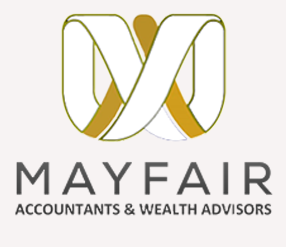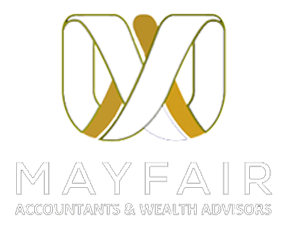Are you a VAT registered business in the UK? If you are, you can receive a VAT inspection at some point of time. So, when you receive a one, you need to be prepared and not panic at all.
It is just a routine check done by the HM Revenue & Customs (HMRC) to ensure improved compliance among businesses and increase the collection of right amount of VAT.
Why are you being inspected?
- Your VAT returns have failed a credibility check at the VAT Central Unit
- Your business is regarded as high risk sector
- HMRC has received information about your business
- VAT repayments are being claimed and are higher than normal
- You have a history of non-compliance
- You failed to pay VAT bill on time
- You submitted VAT returns late
Since HMRC inspection is done to ensure you are declaring and paying a right amount of tax at the right time, you need to be prepared and make some important documents ready for them to state you indeed have paid correct tax.
What should you provide for inspection?
- Annual accounts
- The VAT account or any related working papers
- All books and accounts, cashbook, petty cashbook, sales and purchases day books
- Sales and purchase invoices
- All supporting documentation, e.g. contracts, correspondence, etc.
- Bank statements
- Your VAT certificate and certificate of registration
How to deal with VAT inspection?
- Even if you are inspected, do not panic and tell your accountant or tax adviser to be present during the inspection.
- If the inspection has happened before, you need to review records of your previous inspection and check whether suggestions have been taken or not.
- You need to review all of your VAT declarations in details and get them ready. If you find this difficult, you can always get help from accountants.
- Have all of your VAT returns and working papers for the last four years.
- When inspectors arrive for the check, you can ask to identify themselves. And, this is a great chance for getting answers on dealing with VAT on complicated transactions, so prepare a list of questions for them.
For the inspection, there will be two meetings. The first meeting will be followed by a second and concluding meeting.
During the first meeting, when inspector comes for a check, you need to be friendly and offer appropriate desk/table and chair along with light refreshments to them. In this meeting, the inspector will ask you about the basic facts including company formation, services, turnover, records and so on. He will spend approximately two hours going through and checking the detailed accounting records provided by you.
During the second meeting, the inspectors will inform and advise you about any errors in your calculations that needs correction. Within a few days of the meeting, inspector will send you a letter to make any adjustments to be made which is usually made on the next quarter’s VAT return.
On the other hand, if you are caught being involved in VAT fraud, you could be facing penalties along with interest charges and follow up enquiry by HMRC.
As VAT is a complex issue, you will need professional advice from specialist VAT advisers in order to understand the causes and consequences.


